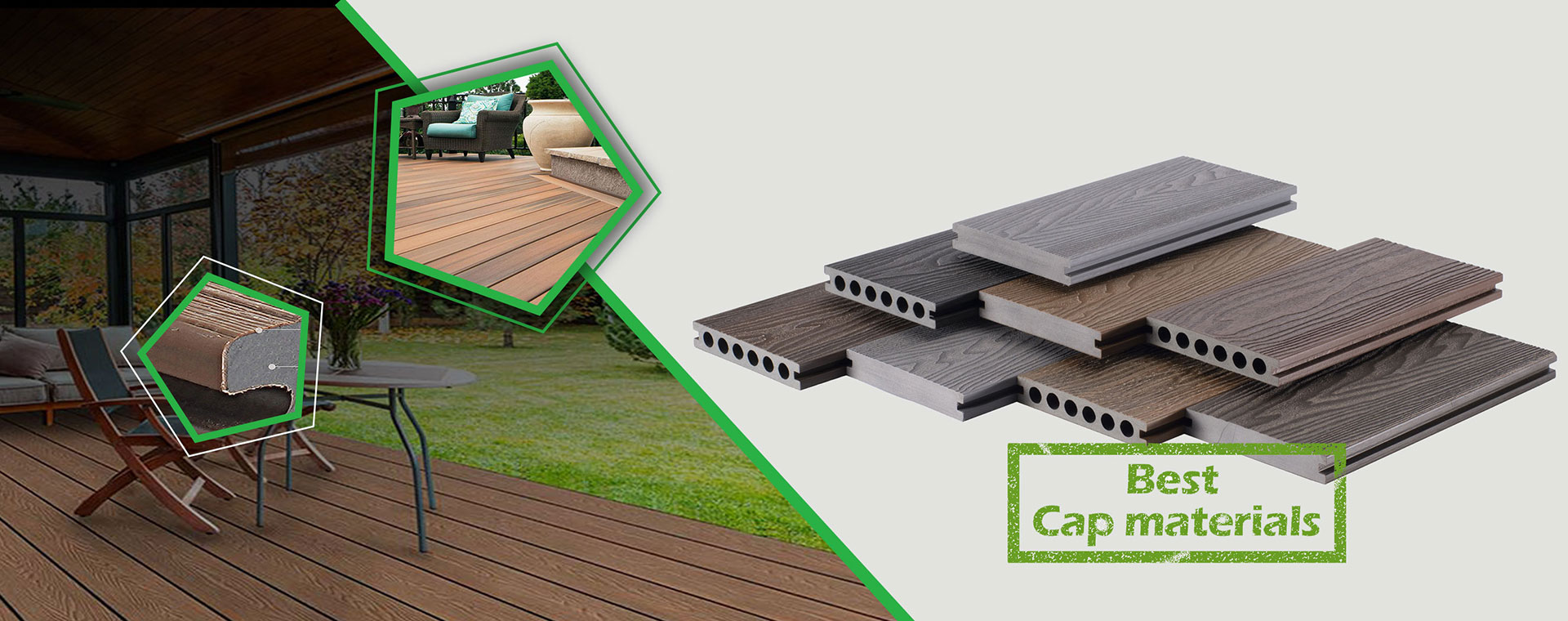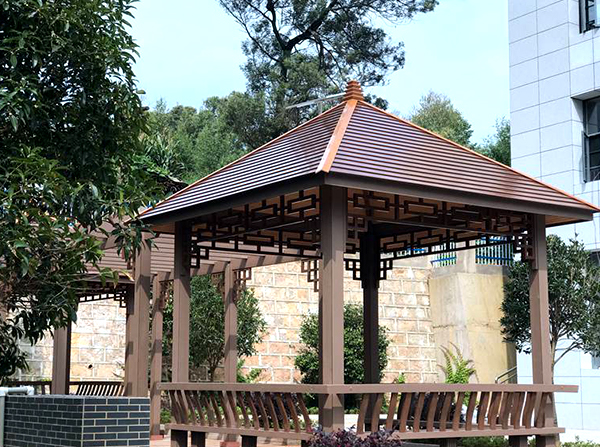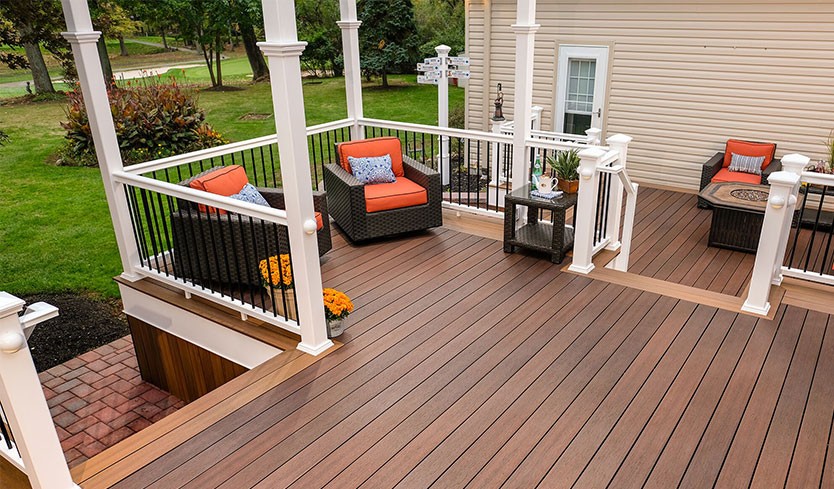WPC Brazil: Imagine a material that’s as stylish as natural wood but doesn’t crack under the pressure of Brazil’s humid climate. A material that’s eco-friendly, durable, and requires almost no maintenance. Sounds like a dream, right? Well, that dream is quickly becoming a reality in Brazil, thanks to Wood-Plastic Composite, or WPC. This innovative product is taking the country by storm, popping up in homes, public parks, and even commercial buildings. Whether it’s decking, wall cladding, or furniture, WPC is turning ordinary spaces into extraordinary ones, all while championing sustainability and style. Welcome to the world of WPC – where creativity meets practicality, and every space has the potential to be both beautiful and environmentally responsible!
Table of Contents
WPC Brazil Market Demand and Growth Trends
In recent years, Wood-Plastic Composite (WPC) materials have gained popularity worldwide, and Brazil is no exception. With the increasing awareness of environmental issues and the promotion of sustainable development, the demand for WPC products in Brazil has shown a significant upward trend. WPC materials are becoming a popular choice in home renovations, public projects, and commercial buildings due to their durability, low maintenance costs, and eco-friendly characteristics. Over the next few years, the WPC market in Brazil is expected to maintain an average annual growth rate of over 10%, with the market size continually expanding.
Competitive Landscape
The WPC market in Brazil is primarily dominated by local companies, with a few international brands also playing a role. While some traditional construction materials companies have started exploring the WPC sector, the market leaders are often specialized in producing environmentally friendly building materials. These companies offer a wide range of products, including WPC decking, wall panels, fencing, and more. Some international brands have entered the Brazilian market through partnerships or distributors, providing consumers with more choices. Brazilian companies leverage their geographical location, production cost advantages, and local market channels to expand their market share actively.
Consumer Behavior and Preferences of WPC Brazil
Brazilian consumers are particularly interested in the durability and aesthetic appeal of WPC products. Given Brazil’s diverse climate, which is warm and humid throughout the year, the waterproof and anti-corrosion properties of WPC are critical factors for consumers. Unlike traditional wood products, WPC eliminates the hassle of frequent maintenance and retains its appearance and performance even under prolonged exposure to sun and rain. Price is also a crucial factor for Brazilian consumers, making WPC’s cost-effectiveness a significant advantage. Additionally, with the rise of e-commerce, more consumers are purchasing WPC products online, further driving market demand.

Regulations and Standards
The Brazilian government has strict requirements regarding the environmental sustainability of construction materials, creating favorable conditions for the promotion of WPC products. Made from a combination of wood fibers and recycled plastic, WPC aligns with the principles of environmental protection and sustainable development, reducing the reliance on natural wood and helping to preserve forest resources. Brazil actively promotes green building certifications for the production and use of wood-plastic composite materials, ensuring that products meet international environmental standards and supporting the healthy development of the WPC market.
Sales and Distribution Strategies
In Brazil, WPC products are primarily sold through building material supermarkets, specialized dealers, and e-commerce platforms. Building material supermarkets are often the main purchasing channels for WPC decking and wall panels, while specialized dealers offer customized services and project solutions. With the widespread adoption of the internet and the rapid growth of online shopping platforms, more WPC manufacturers and distributors are beginning to sell their products online, aiming to reach a broader consumer base. Pricing strategies typically position WPC products in the mid-to-high-end market, leveraging their durability and environmental benefits to maintain a premium price point.
Technology and Innovation
The technology behind WPC materials continues to evolve, with production processes becoming more sophisticated. For example, new extrusion and molding techniques have made WPC products feel more like natural wood while allowing for customized colors and textures based on client preferences. These technological advancements not only enhance product competitiveness but also expand the potential applications of WPC. Brazilian WPC manufacturers are investing in research and development to improve the quality and performance of their products to meet the increasingly diverse demands of consumers.

WPC Brazil 's Connection to the International Market
The rapid growth of the global WPC market has had a positive impact on the Brazilian market. The widespread use of WPC materials worldwide, particularly in Europe and North America, has provided successful case studies for the Brazilian market. Furthermore, with the increasing global awareness of environmental protection, more countries and regions are viewing WPC materials as an ideal alternative to traditional wood, encouraging Brazilian companies to invest in the WPC sector and enhance their production capabilities. Brazil’s strategic location in South America makes it a hub for exporting WPC products, gradually expanding its influence in the international market.
Future Development Prospects of WPC Brazil
Looking ahead, the WPC market in Brazil is poised for continued rapid growth, driven by ongoing government support for environmental and sustainable development policies, along with growing consumer demand for high-quality building materials. However, challenges remain, such as rising production costs, increased market competition, and uncertainties in raw material supply. To stand out in a competitive market, companies must continue to innovate, improve product quality and service, and adapt their market strategies to align with the evolving market landscape.
Overall, WPC has a bright future in the Brazilian market, with its eco-friendly, durable, and low-maintenance characteristics giving it a distinct advantage in the building materials industry. While leveraging local resource advantages, Brazilian companies should strengthen their interaction with the international market, bringing in advanced technologies and management expertise to enhance market competitiveness. As one of the leading companies in the global WPC sector, HOSUNG WPC is committed to providing high-quality WPC products to the Brazilian market. With extensive production experience and technical expertise, HOSUNG WPC can offer customized solutions tailored to client needs, bringing more green and sustainable options to Brazil’s construction and decoration industries.








